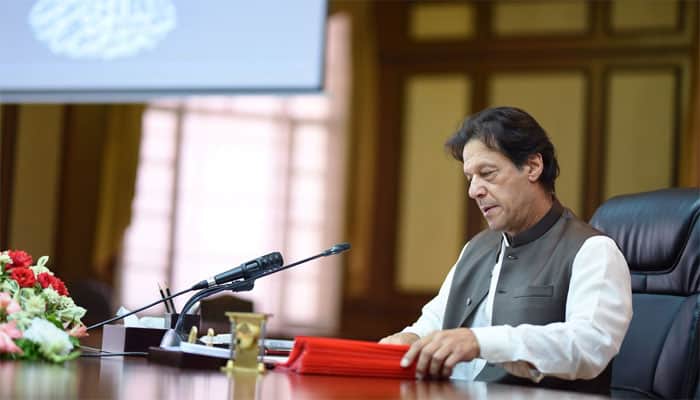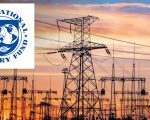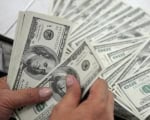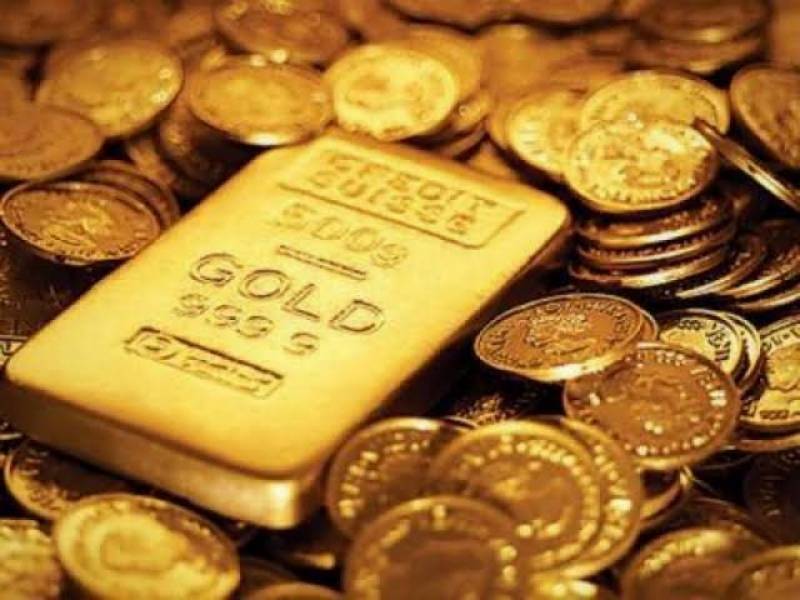After a long build-up to the 2018 elections, the Imran Khan-led Pakistan Tehreek e Insaf won the elections and formed a government breaking the duopoly of PPP and PMLN.
The bizarre state of Pakistan’s economy was no secret to the newly elected Prime Minister Imran Khan, who vowed to tackle the outrageous corruption in the country and promised to stabilize the country’s crumbling economy.
Pakistan Tehreek e Insaf has been in power for a little less than ten months, and the critics are in full flow, the opposition and general public have decided to face their cannons towards the new government. In this article I will try to explain Pakistan’s economic woes in simple words.
According to an article in The News by Hammad Azhar, the Minister of State Revenue for Government, PTI inherited the economy at the Current Account Deficit of $19 Billion. The Current Account Deficit happens when a country spends more money on what it imports compared to the money it receives for what it exports.
The constant devaluation of rupee has become one of the most significant factors for the opposition to scapegoat PTI’s government and criticize them for the continuous drop of rupee against the dollar, forgetting that Ishaq Dar had intervened in the Dollar price by artificially overvaluing the currency.
The result of this policy saw the rapid depletion of Pakistan’s foreign exchange reserves because the funds in Pakistan’s foreign exchange were being used to over-value the rupee to create a false perception of a stable economy to the public and keeping the rupee at a steady rate.
Foreign exchange reserves are assets held in State Bank of Pakistan in foreign currency and are used to back liabilities or used as a backup fund. They are used as insurance for investors who are interested in investing in the country. While under Ishaq Dar, the forex was being used to boost up the rupee against USD.
According to Hammad Azhar, over half a decade or so Pakistan’s Current Account Deficit had risen seven times while the Trade Deficit has doubled, meaning the country wasn’t exporting enough to meet its imports, all under the government of PML-N which caused even more trouble when the new government took over.
Pakistan Tehreek e Insaf has hit the right track by getting money from friendly countries, and not spending them but keeping to balance reserves. They are on nominal or no interests. As a result, the foreign exchange reserves are going high enticing the investors to invest their money in the country.
Tax revenue collection has always been a problem for Pakistan, the Federal Board of Revenue is a government body that investigates crimes related to taxation and works towards collecting taxes from its citizens.
When the PML-N government presented the budget, Pakistan was already suffering from a budget deficit of Rs 2.3 trillion. A budget deficit occurs when the country exceeds its expenses than the revenue it is collecting.
With elections around the corner, the prices were artificially reduced again to create a false impression of low-priced energy, resulting in an even more massive loss for the industries in Pakistan and an even further budget deficit.
“The country’s finances were put in jeopardy in a callous and failed attempt to win favor with the masses and secure an election,” writes Azhar. “The losses of power and gas sector in the last year alone of PML-N government amount to more than Rs 600 billion.”
While some might argue that despite the new government in power, Pakistan is still miles off for this year’s tax target, it is true but the FBR has failed to reach its tax target for the past decade under the governments of PPP and PML-N.
While the new government is still short on this year’s tax target, the tax revenue has risen by about three percent from the previous years.
According to Azhar, the new government is laying down the foundation for a better and stronger economic policy. It is true that the current projected growth is less than what it was last year, but it is a procedure that needs to be applied in the present to boost the country’s economy in the long run.
The government’s policy is undoubtedly painful, but the economic state of the country requires strong reforms immediately, the text-book economic policies will prove to be fruitful in the long run.
Most of the East Asian countries were suffering from worst currency devaluation at the turn of the twentieth century with Korea, Philippines and Malaysia all at 40 percent devaluation of their respective currencies, while Thailand’s currency devalued by 50 percent and Indonesia with a whopping 80 percent devaluation of their money.
The situation was not very different than what Pakistan currently faces with lag in exports, rising inflation, and an increase in debts by the banks.
Today, most of these East Asian countries have booming economies because the governments started from scratch, made painful economic reforms that were unpleasant in the short run.
The painful reforms faced a lot of criticism by the general public who were angry about the rising inflation and the prices, but in the long run, the East Asian economies boosted rapidly.
Unfortunately, the new economic reforms will not produce results overnight, but PTI has hit the right track as the new government is attempting to halt the imports of luxury goods and services and boost up the country’s exports to balance the trade deficit.
Instead of keeping the rupee stable by artificially overvaluing it, the new government has devalued it to bring it in line with the market value.
While the devaluation of currency is a nightmare for the local consumers, the exports tend to be a lot cheaper for other businesses; a devalued currency can help the government reduce deficits and correct balance of payments.
The period of 2008 to 2018 was the lowest average economic period of the country since 1971, wrote Azhar.
The past decade under the leadership of PPP and PML-N proved to be disastrous for the country’s economy; it is one of the reasons the country is currently going through an economic turmoil, but if we stick around and stay patient, and understand the right steps being taken by the new government, we would see the situation turn around in no time.














